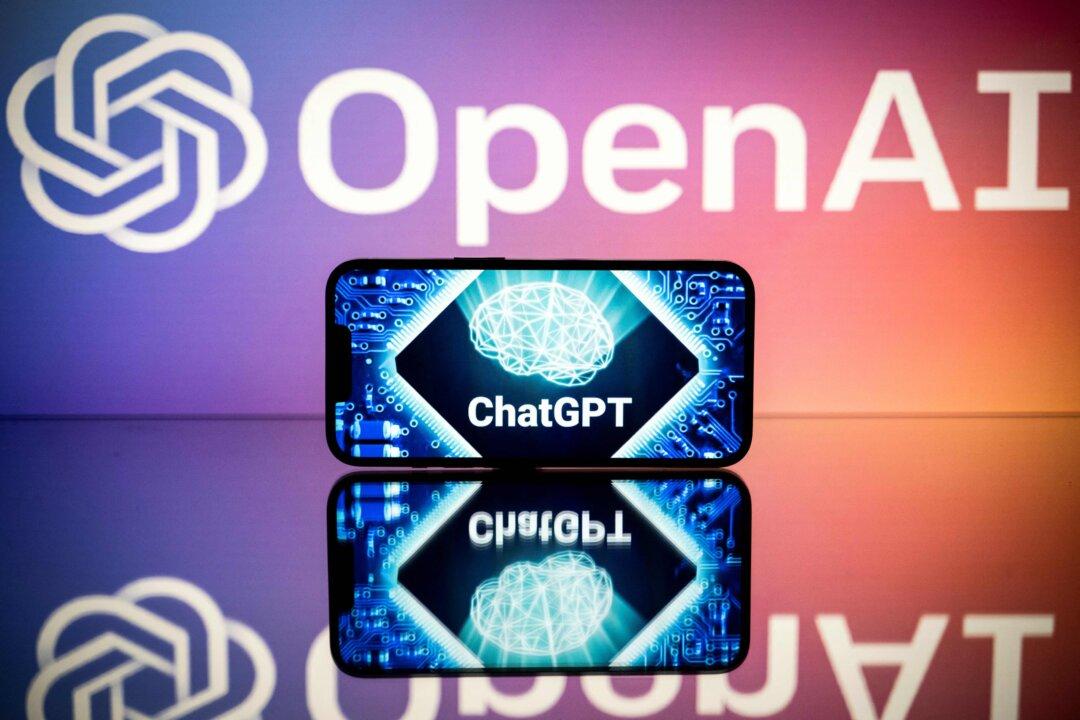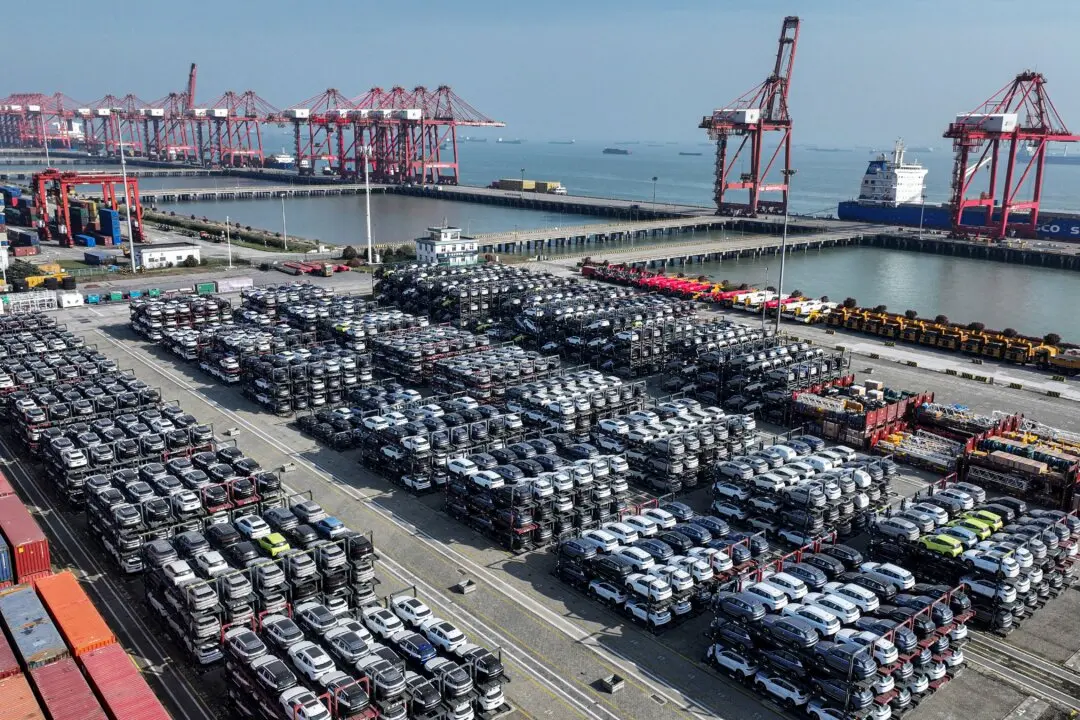Commentary
ChatGPT and other aspects of artificial intelligence (AI) have created a lot of fear. Many dread, and have done so for years, that AI will steal millions of jobs and, worse, gain some sentience and take over, as the computer HAL did in the 1970’s film “2001: A Space Odyssey.” Neither the takeover nor mass unemployment is a realistic prospect.





